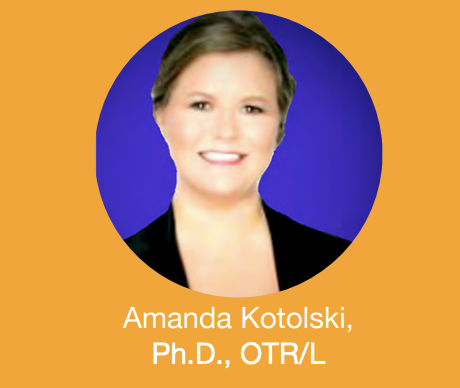Management vs. leadership: moving the relationship between managers and clinicians from transactional to transformational
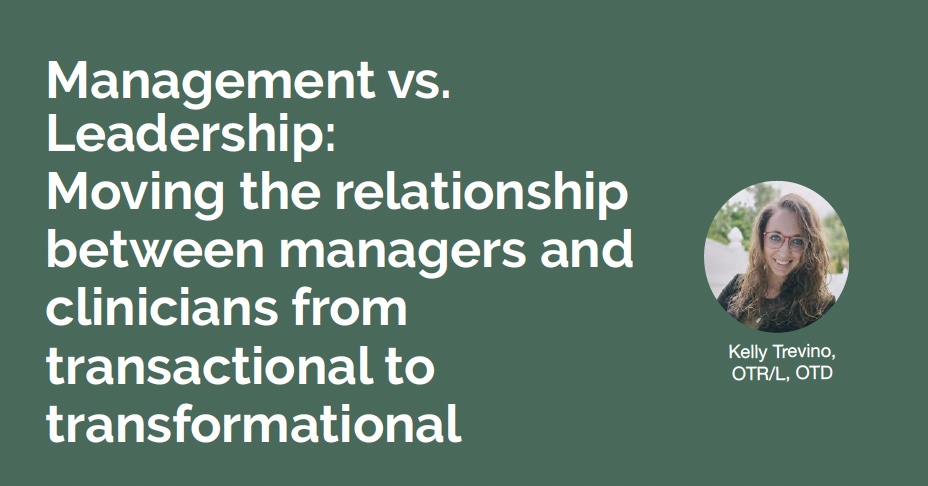
Holding a managerial position in a professional setting comes with a multitude of responsibilities. The skills required to successfully manage a group of professionals, large or small, are not skills that everyone possesses. With that being said, what constitutes a successful manager? What qualities make a manager the one who sticks out in your mind as someone who you looked to for guidance, or for whom you felt truly had your back? If you’re one who struggles to bring someone to mind, you’re not alone. This concept of a disconnect between management and staff has been a topic of discussion for decades. Research suggests that managers and practitioners have differing opinions about the performance of management, with management rating themselves significantly higher than their staff even though the only notable difference between the two groups is title (Brollier, 1985; Arroliga et al., 2014; Heard, 2014; Heard et al., 2018). The question to be posed then would be how can that gap be closed? Or at least lessened.
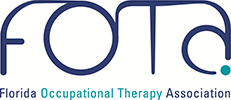
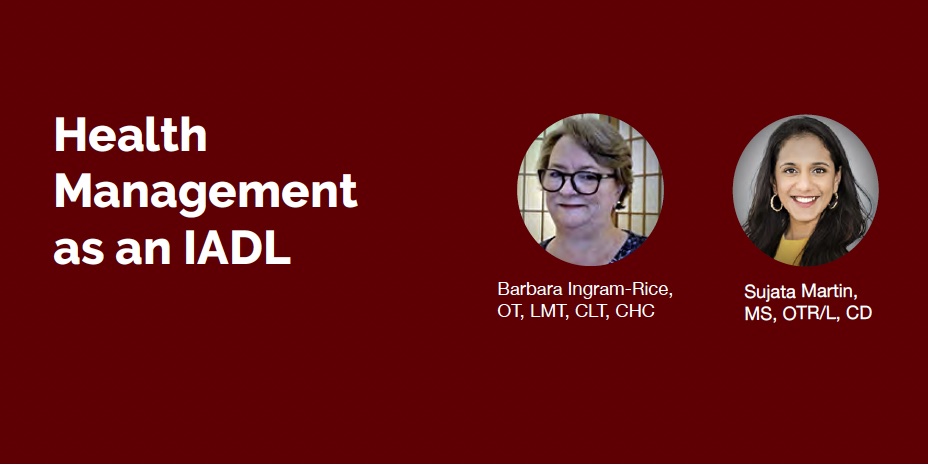
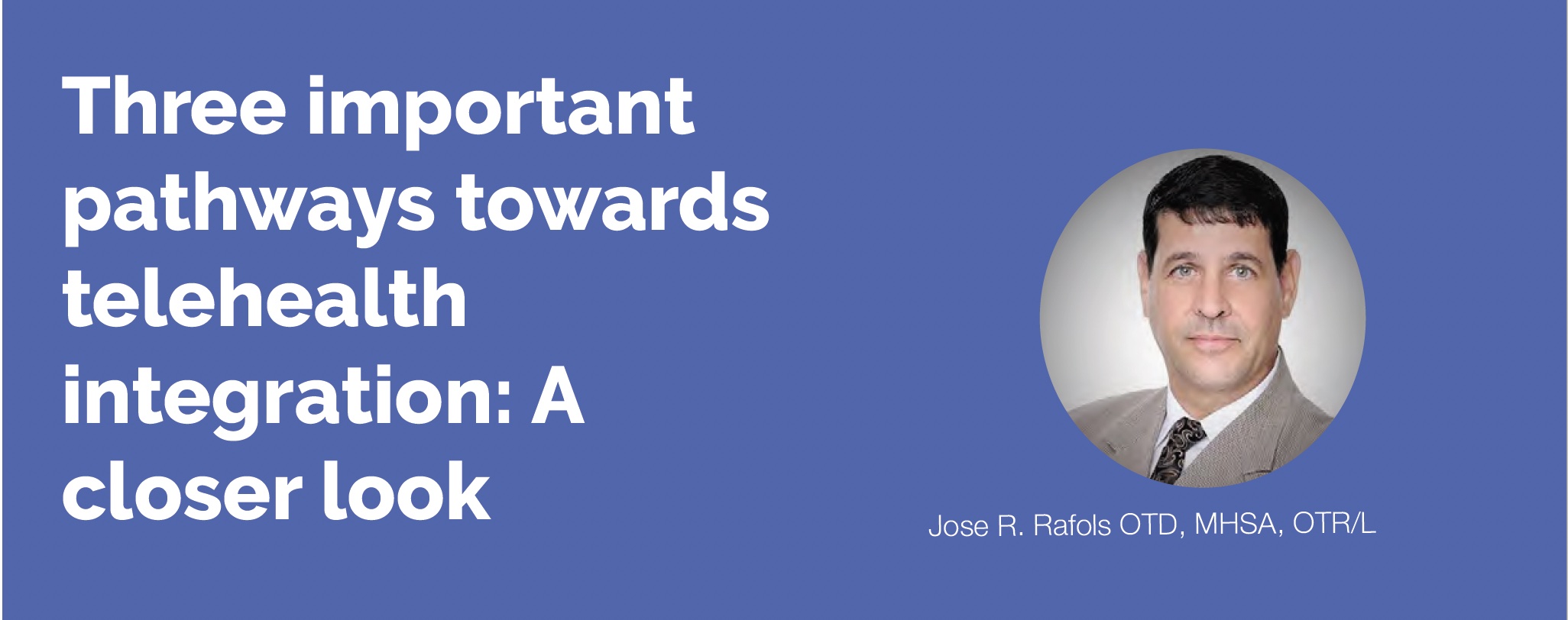
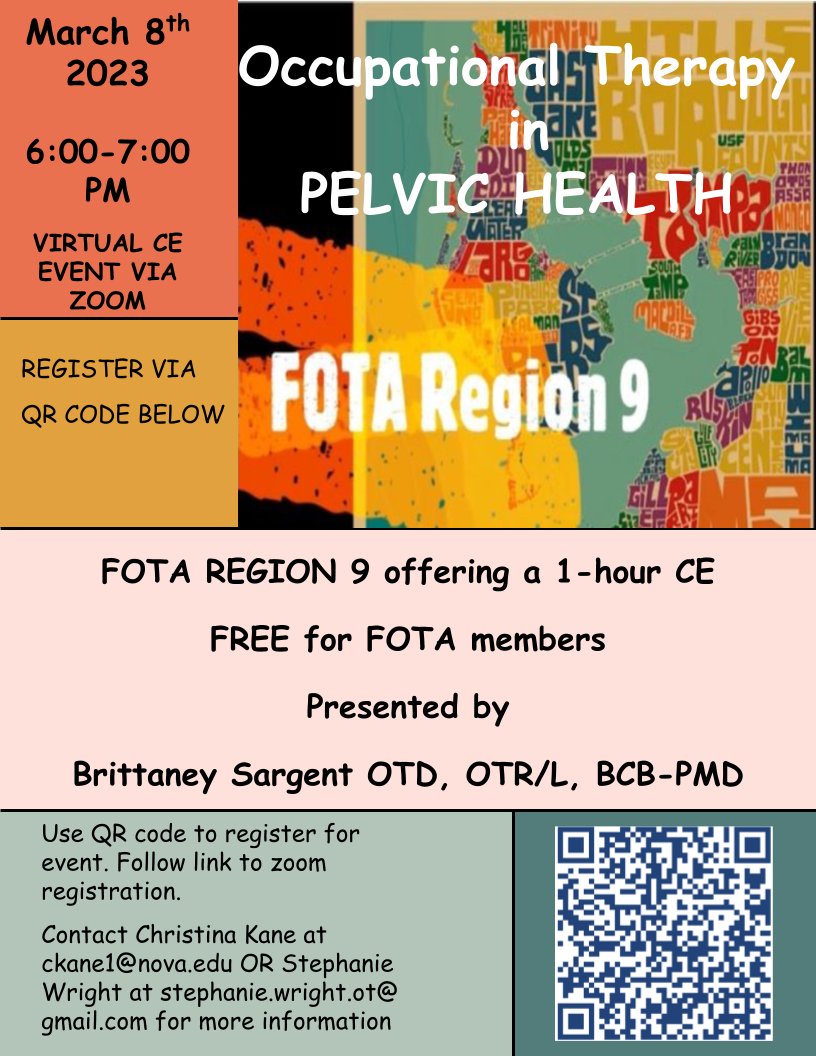
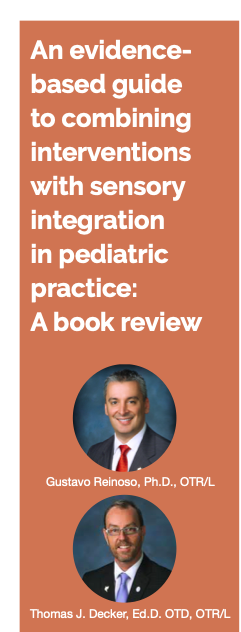
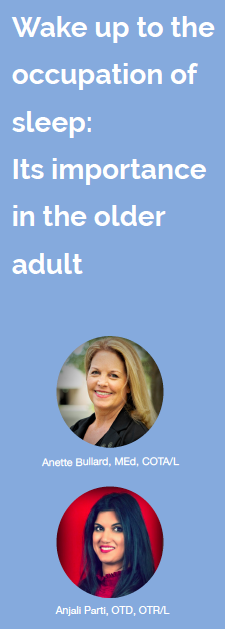 Everyone has experienced having to power through the day after a night of not sleeping well with every aspect of the day feeling more challenging due to your lack of sleep. The National Institute of Health (2017) identifies sleep as one of the most important occupations for maintaining all aspects of health. In fact, the Centers for Disease Control and Prevention (2018) has recognized sleep deprivation as a public health problem with broad, negative effects on safe occupational performance. For the older adults the challenges brought on by age compounded with a lack of sleep can further decrease successful occupational performance. Many age-related changes tend to disturb patterns of sleep and the myth that older adults need less sleep is actually incorrect (Suni, 2022b). The older adult is confronted with additional sleep obstacles such as, chronic conditions, medications, diminished physical activity, and decreased cognitive exercise, all of which have all been associated with decreases in sleep satisfaction. The resulting downward spiral of poor sleep results in less successful occupational engagement. The Occupational Therapy Practice Framework includes ‘rest and sleep’ as an area of occupation and defining occupational therapy practitioners as qualified professionals to assist clients with the occupation of rest and sleep (American Occupational Therapy Association, 2020). This brief article seeks to assist practitioners with identifying resources and awareness for more consistently addressing the occupation of sleep in the older adults.
Everyone has experienced having to power through the day after a night of not sleeping well with every aspect of the day feeling more challenging due to your lack of sleep. The National Institute of Health (2017) identifies sleep as one of the most important occupations for maintaining all aspects of health. In fact, the Centers for Disease Control and Prevention (2018) has recognized sleep deprivation as a public health problem with broad, negative effects on safe occupational performance. For the older adults the challenges brought on by age compounded with a lack of sleep can further decrease successful occupational performance. Many age-related changes tend to disturb patterns of sleep and the myth that older adults need less sleep is actually incorrect (Suni, 2022b). The older adult is confronted with additional sleep obstacles such as, chronic conditions, medications, diminished physical activity, and decreased cognitive exercise, all of which have all been associated with decreases in sleep satisfaction. The resulting downward spiral of poor sleep results in less successful occupational engagement. The Occupational Therapy Practice Framework includes ‘rest and sleep’ as an area of occupation and defining occupational therapy practitioners as qualified professionals to assist clients with the occupation of rest and sleep (American Occupational Therapy Association, 2020). This brief article seeks to assist practitioners with identifying resources and awareness for more consistently addressing the occupation of sleep in the older adults. Lymphedema Basics: Increasing Client Occupations
Lymphedema Basics: Increasing Client Occupations The pelvic floor: The muscle group we all should know more about
The pelvic floor: The muscle group we all should know more about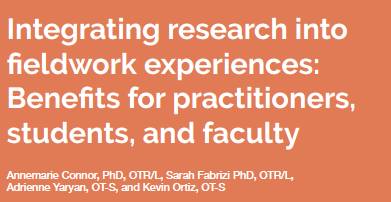 Integrating research into fieldwork experiences: Benefits for practitioners, students, and faculty
Integrating research into fieldwork experiences: Benefits for practitioners, students, and faculty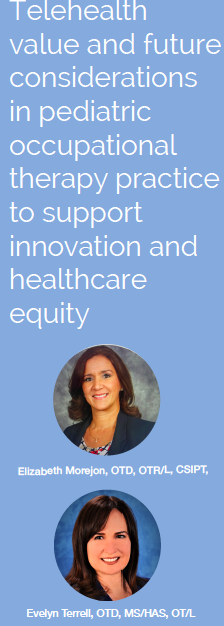 Telehealth value and future considerations in pediatric occupational therapy practice to support innovation and healthcare equity
Telehealth value and future considerations in pediatric occupational therapy practice to support innovation and healthcare equity
